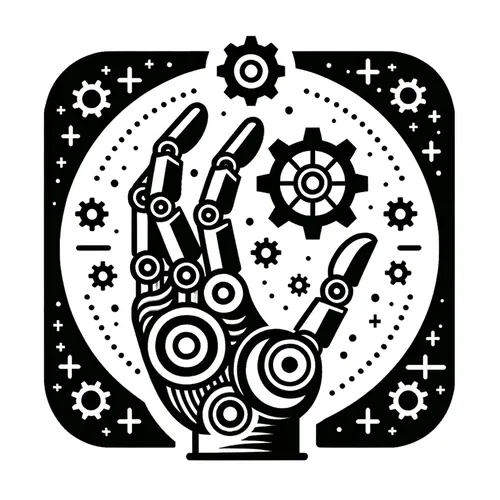Robots Invade! DHL's 1000 New Helpers, NVIDIA's AI Magic, and More Juicy Automation Secrets
- Author
- Quiet. Please
- Published
- Fri 23 May 2025
- Episode Link
- https://www.spreaker.com/episode/robots-invade-dhl-s-1000-new-helpers-nvidia-s-ai-magic-and-more-juicy-automation-secrets--66221467
This is you Robotics Industry Insider: AI & Automation News podcast.
# Robotics Industry Insider: AI & Automation News for May 24, 2025
The robotics industry continues its remarkable transformation as we approach mid-2025, with several significant developments reshaping manufacturing, logistics, and industrial operations worldwide.
Boston Dynamics has dramatically expanded its footprint in the logistics sector through a landmark agreement with DHL Group. Just last week, DHL signed a memorandum of understanding to deploy an additional 1,000 robots across their global operations, significantly accelerating their cross-business automation strategy. This partnership highlights the growing adoption of advanced robotics in supply chain management.
In manufacturing news, NVIDIA's CosmosT platform, released earlier this year, is driving unprecedented advances in autonomous vehicles and industrial robotics. At the ongoing Automate 2025 conference, NVIDIA partners including KUKA and Siemens are showcasing cutting-edge robotic and industrial AI solutions built on this platform, demonstrating how machine learning is transforming quality assurance and predictive maintenance.
The United States automotive robotics sector exemplifies this growth trajectory, with the market projected to reach $3.31 billion by year-end. This expansion is fueled by the increasing demand for electric vehicles, which require precision processes like battery fabrication and lightweight material handling—tasks where robots excel.
North American robot orders have remained stable in Q1 2025, according to a new report from the Association for Advancing Automation unveiled at Automate 2025. Notably, the organization has launched its first-ever collaborative robot tracking initiative, reflecting the growing importance of human-robot collaboration in industrial settings.
The global industrial automation market continues its upward trajectory, currently valued at approximately $256 billion and expected to reach $569 billion by 2034. This 9.31% compound annual growth rate underscores the critical role automation plays in enhancing operational efficiency and productivity across industries.
For manufacturers considering automation investments, the key takeaway is strategic implementation—balancing initial costs with long-term productivity gains. Companies should prioritize workforce training alongside technology deployment to address potential skills gaps.
As AI and robotics continue converging, expect increased emphasis on adaptable systems that can learn and respond to changing production requirements, setting the stage for truly intelligent manufacturing ecosystems in the coming years.
For more http://www.quietplease.ai
Get the best deals https://amzn.to/3ODvOta
